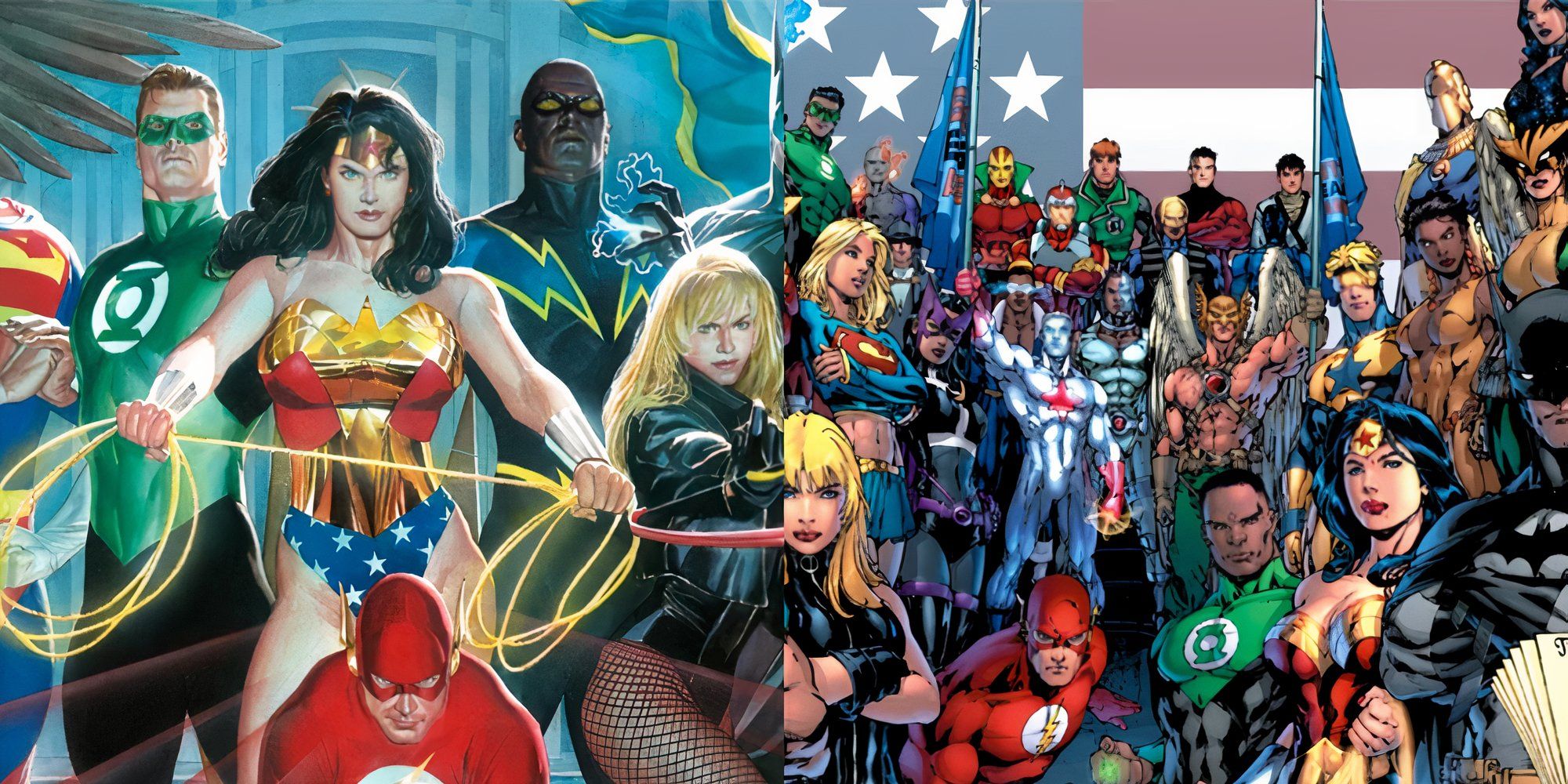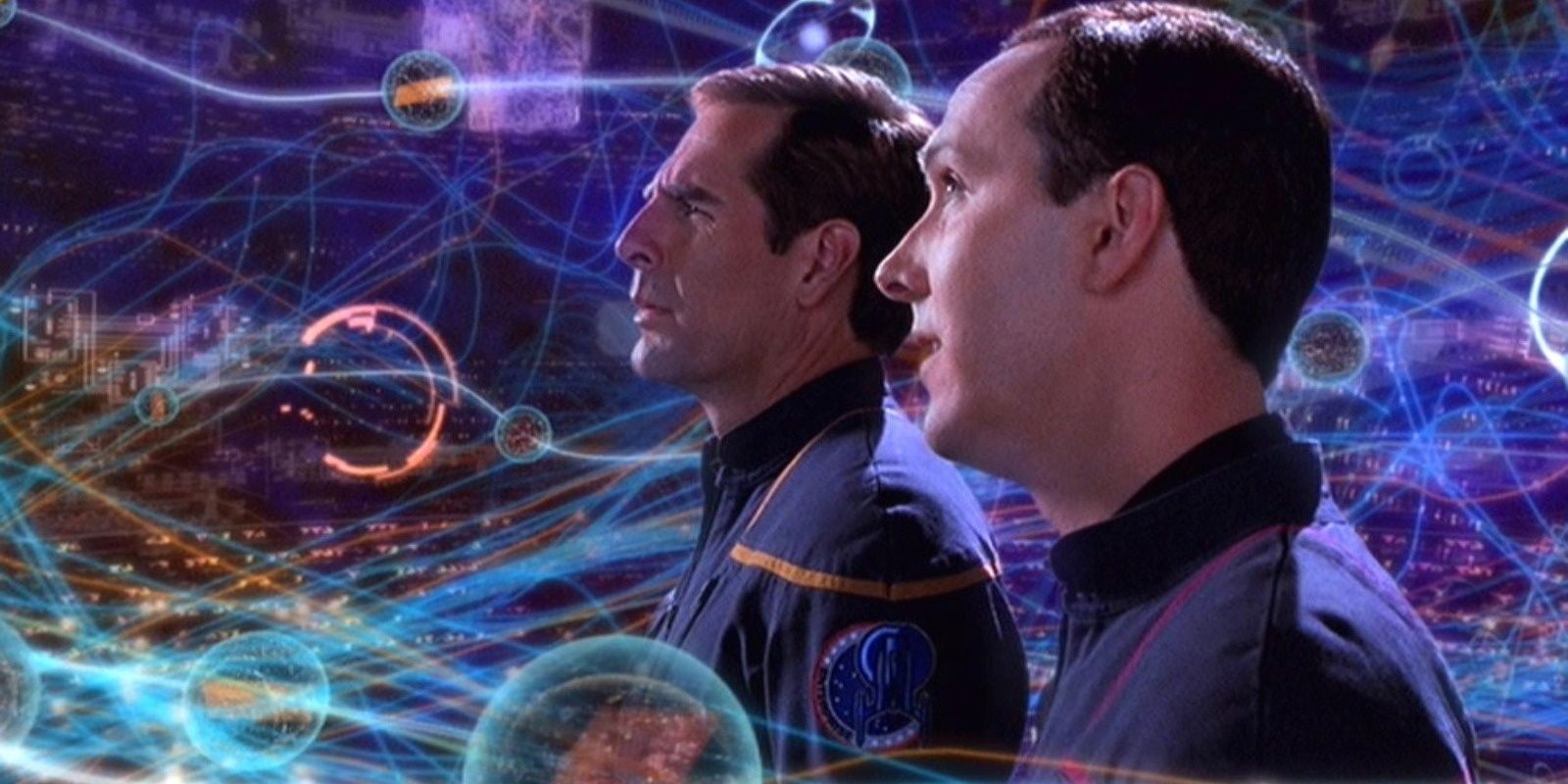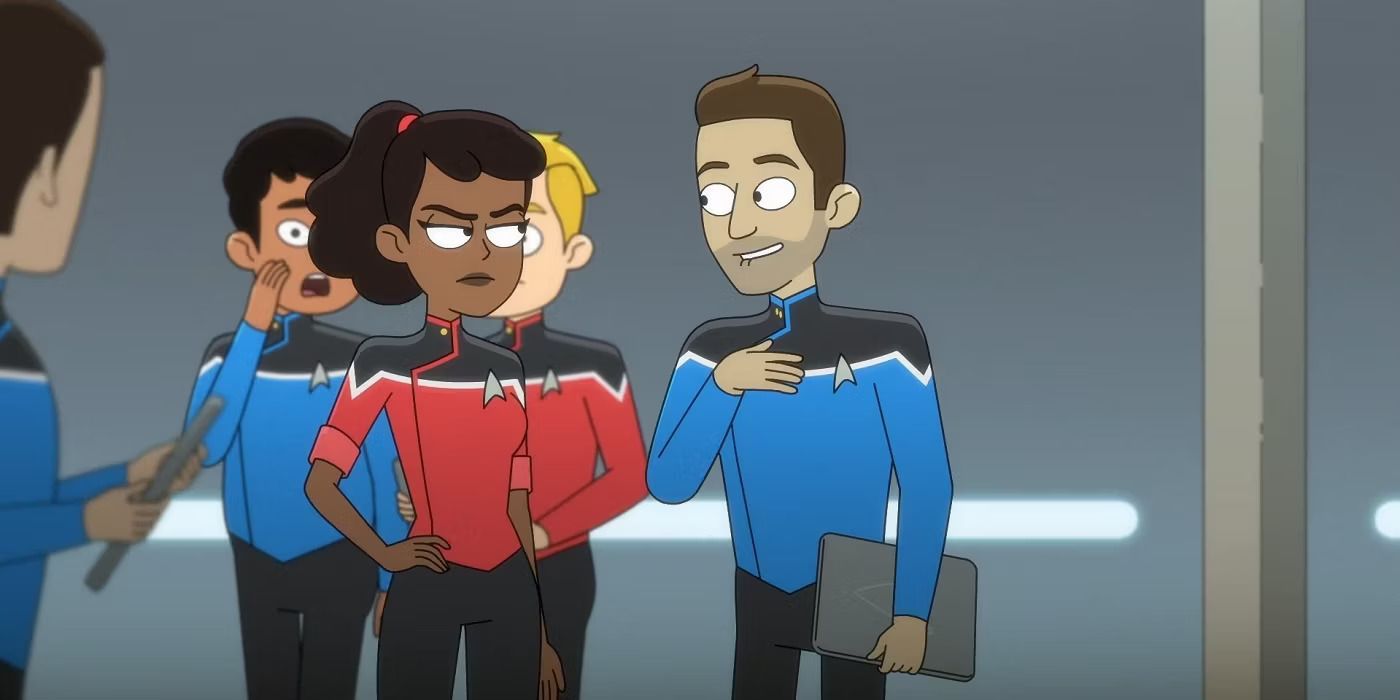Time travel is a narrative device that causes almost as many problems as it solves. In its almost 60-year history, Star Trek has explored nearly every issue time travel could bring up. Things get confusing as characters travel back to undo the actions their previous selves may have caused. One of the most fascinating examples is the Temporal War story arc, which took place over 13 episodes of Star Trek: Enterprise.
Time travel is a science fiction trope, but it comes with more than a dozen subtropes. Most of its connective tissue exists in countless speculative fiction texts. Even the temporal war concept became a trope in several films, books, and TV shows. Star Trek is likely the most notable example, but it didn't invent the idea. It takes "history is written by the victor" into a new dimension.
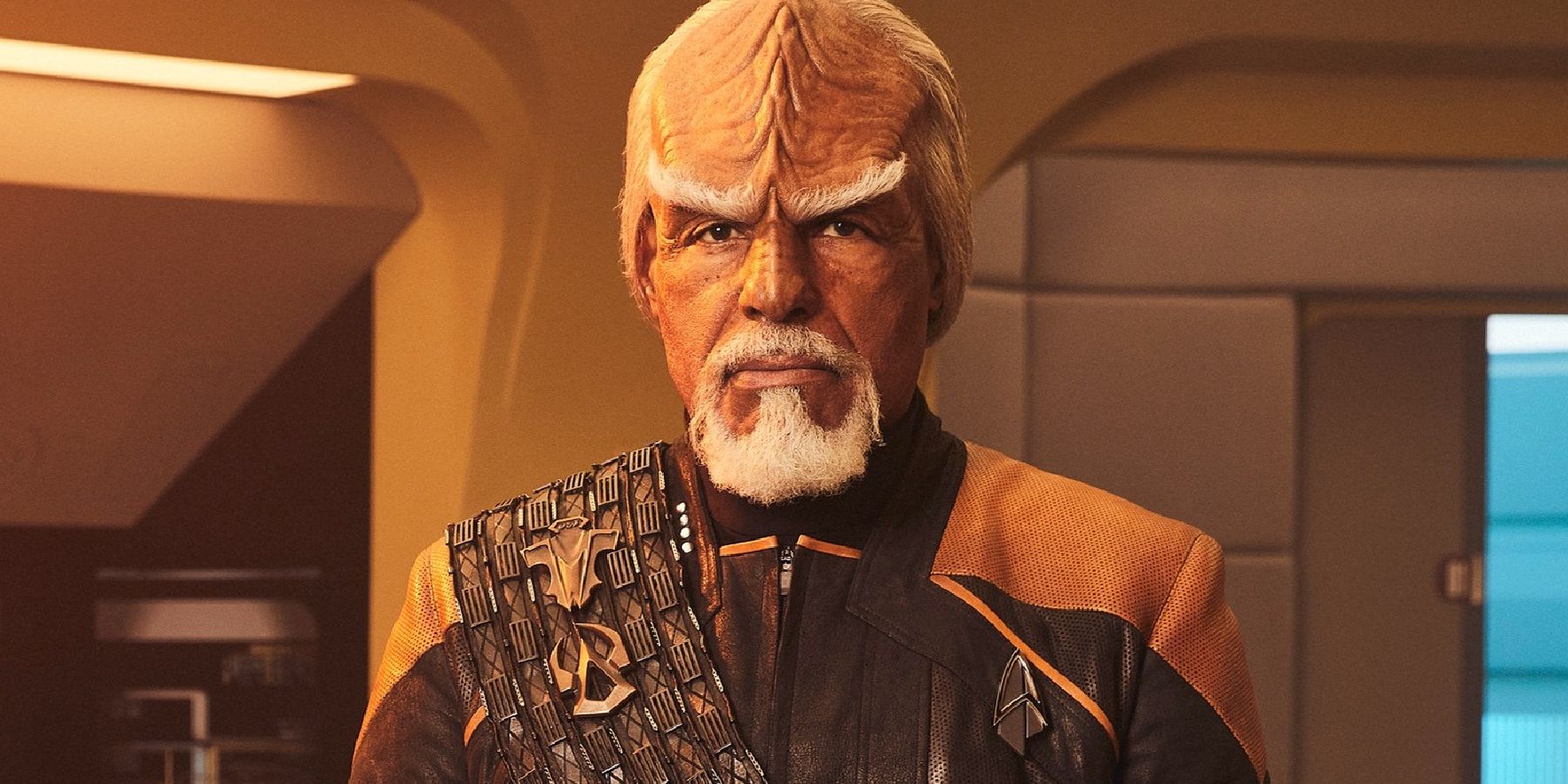
Star Trek: How The Klingons & The Federation Became Allies
This fateful treaty established peace between two longtime enemies, but how did humanity shake hands with the Klingon Empire?
How did the Temporal War start?
Star Trek tells its Temporal War story out of order. Fans only see the perspective of the crew of the Enterprise, keeping many of the details vague. In short, the Temporal War is an asymmetric conflict between multiple factions who regularly travel back in time to set forth their favorite version of history. At least five powers capable of time travel worked to undo each other's alterations to the timeline. These superpowers frequently acted through contemporary proxies, allowing them to seed convenient historical details to influence the future. A group of mysterious temporal agents worked to prevent any meddling with the past, fighting all sides of the Temporal War to maintain the safety of the past. The war remained cold through most of its lifespan, but it experienced a brief hot flash during its escalation. The Temporal War existed as an attempt to introduce mystery to the franchise. Showrunners Rick Berman and Brannon Braga consistently held out the concept with open acknowledgment that it could quickly end if no one showed interest. It begins in the pilot episode and occurs again in several subsequent outings.
Humans on Earth discovered the Temporal Cold War when a Klingon arrived in Oklahoma. The Broken Bow incident was the moment of first contact between humanity and Klingons. The event prompted Johnathan Archer to expedite the launch process for the Enterprise. While ferrying the Klingon back to his home, Archer and his crew encounter the Cabal. The Cabal is a terrorist organization that takes its orders from a mysterious humanoid from the 28th century. They launched a series of false-flag attacks to spark galactic conflict. Their benefactor doesn't have an official name, species, or motivation. In a similar, though not directly related, conflict, the transdimensional Sphere-Builders manipulate the Xindi Council into attacking Earth. Their limited time-travel abilities allowed them to attempt a preemptive strike against Earth to prevent a future battle that would destroy them. Finally, the force that escalated the Temporal Cold War into a hot one was the Na'kuhl. Convinced that time travel could allow every species to reach its peak, the Na'kuhl traveled even further back to change galactic history. These events resulted in a time loop that could have doomed the universe.
How did it end?
Johnathan Archer and the Enterprise crew worked with a temporal agent named Daniels. The Cabal fight to steal an Earth vessel from the future, but Archer and Daniels retrieve it and ship it back to the 31st century. The Cabal's benefactor informs Archer of the Xindi attack, tying the two conflicts together. With that information, Archer convinces the Xindi Council to shake the Sphere-Builders' influence. The Enterprise destroys the spheres, sending the dimension-hopping aliens out of their galaxy. The conflict with the Na'khul was the most significant. The Na'khul fled the temporal agents through a stealth time travel scheme. Unfortunately, this trapped Na'khul General Vosk on Earth in 1944. Vosk allied with the Nazis, arming them with futuristic weaponry in exchange for workers and the materials needed to build a new time machine. The Cabal's benefactor sent the group's leader, Silik, to steal the time machine's blueprints. This brought Silik and Archer together to defeat the Na'khul. Together, they kill Vosk. Vosk trapped the galaxy in a recursive time loop. He started a conflict in the 31st century, lost to the temporal agents, fled to 1944, armed the Nazis, built a new time machine, and traveled to the 31st century to fight again. Killing Vosk freed the timeline, ending the Temporal War.
What was the lasting impact on the galaxy?
The biggest result of the Temporal Cold War was the Temporal Accords. By 2769, time travel had become taboo in the galaxy. Only scientific expeditions could legally access time travel. The Accords put guidelines in place to prevent the alteration of history. By the 32nd century, the treaty had expanded to outlaw time travel entirely. Temporal agents upheld the Temporal Accords. Starfleet spent much of the 30th century ensuring the safety of the Accords. Beyond that legal change, the Temporal Cold War lived on in the minds of some conspiracy theorists. Lower Decks' Steve Levy blamed Beckett Mariner's transfer to Starbase 80 on the Temporal Cold War, suggesting a continued basis of suspicion around the events.
The Temporal Cold War and its hot counterpart were strange elements of Star Trek: Enterprise. It's an escalating series of conflicts from the perspective of the least informed party. While Johnathan Archer and his crew resolve each of the conflicts, the idea of future societies constantly assailing the modern era remains threatening and fascinating. Some fans consider the Temporal War a waste of time, which is ironic in its own way. This unique story arc lives on in aspects of Star Trek: Discovery, but there's no telling whether the previous temporal warriors will come back again.
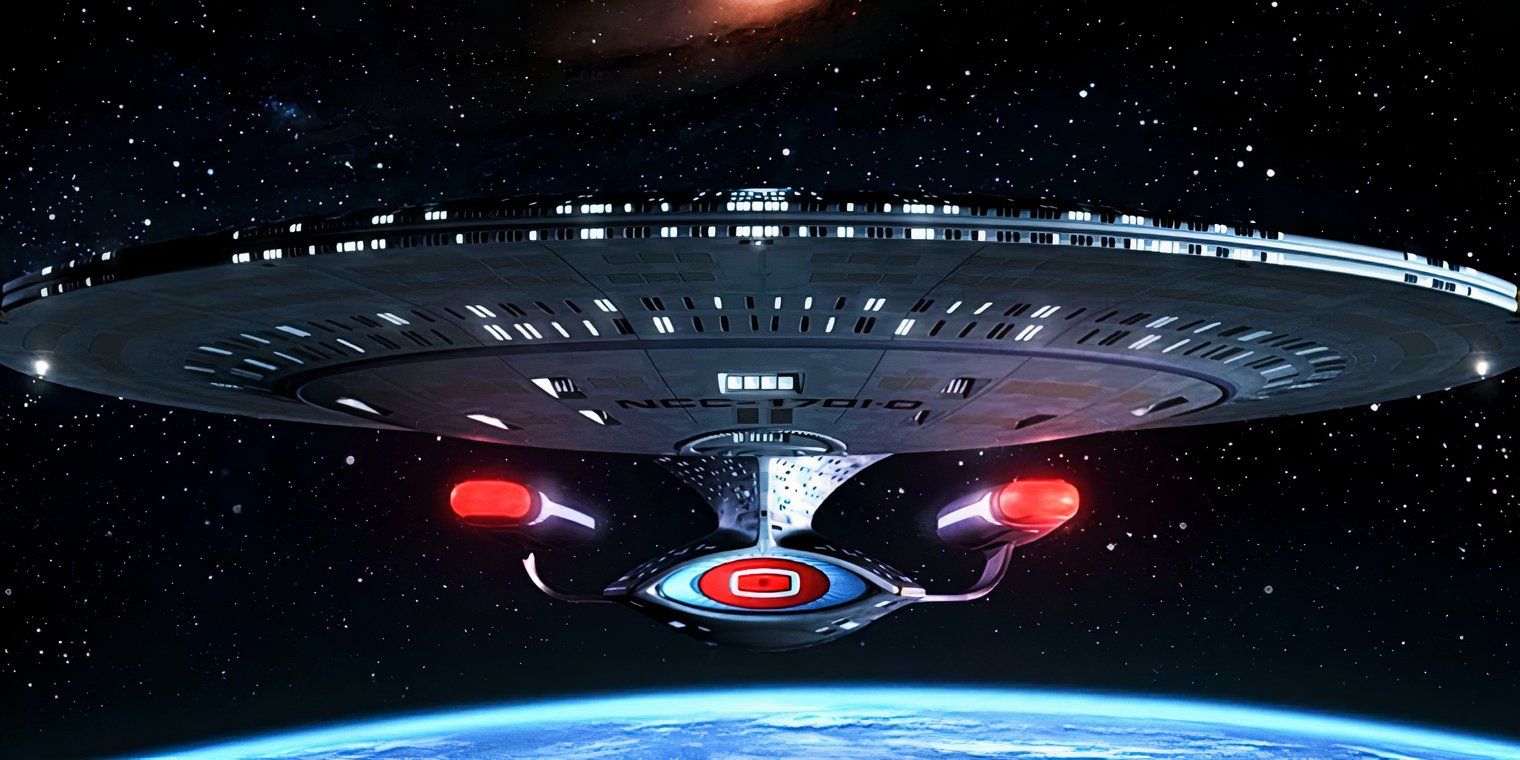
Star Trek Movies Might Still Be Alive According To New Update
The upcoming Star Trek movies promise to break new ground, venturing into unexplored territory within the Star Trek universe.

